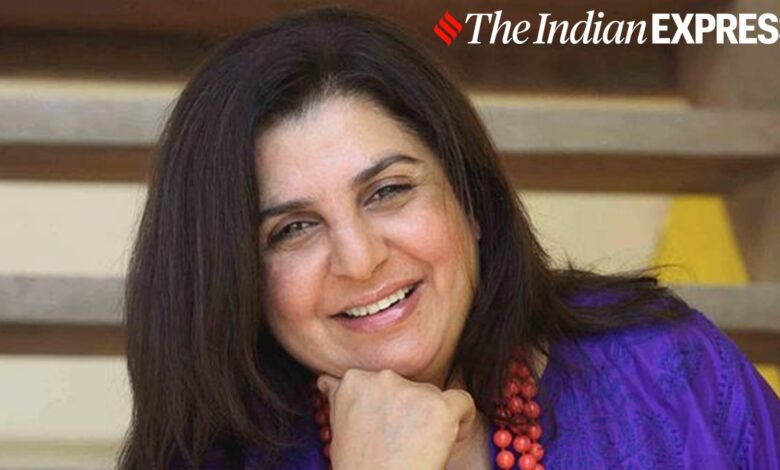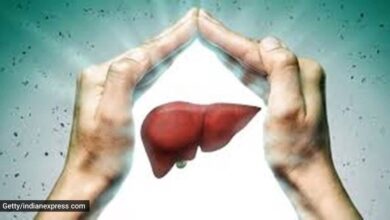Farah Khan on stigma around IVF

Choosing IVF was once a topic shrouded in stigma, especially for women who were made to feel inadequate for needing medical assance to conceive.
Filmmaker Farah Khan opened up about her experience of opting for IVF at a time when it wasn’t as widely accepted as it is today. Reflecting on her journey during an appearance on actor Debina Bonnerjee’s podcast, she shared, “I married Shirish when I was 40 and he is 8 years younger than me. Everyone I knew was making fun, and saying that it’s not going to last and all that but I don’t bother. They don’t come home to take care of us.”
She continued, “So I am not that person, but I felt it’s important to tell women that IVF is good because it’s not illegal, I wasn’t doing anything illegal. It is completely legal and everyone should know you can have babies at 40 or whatever. Khaamiyan sirf auraton mein hi nahi hoti, man ka bhi sperm weak hota hai ya lazy hota hai… ya unke wajah se ladkiyan preganant nahi ho sakti (Flaws are not just in women; men can also have weak or lazy sperm… or they could be the reason why women can’t get pregnant). But men don’t want to say it, because they feel that their manhood is being challenged. So I thought it was important and I’m glad I did that because after that it became very alright to openly say.”
Story continues below this ad
Farah’s decision to embrace both an unconventional marriage and motherhood on her own terms speaks to the resilience required to defy societal expectations. While IVF has become more common, many women still face judgment for choosing fertility treatments.
But, how has the perception of IVF changed over the years, and what societal stigmas pers?
Dr Uthra R, consultant obstetrician and gynaecolog at Dhee Hospital, tells , “Over recent decades, the perception of IVF has evolved markedly. Initially, IVF was often stigmatised as a last-resort measure, with many viewing the need for assed reproduction as a personal shortcoming. Today, however, IVF is increasingly accepted as a viable and sometimes necessary option for family building, particularly as women delay childbearing for career or personal reasons.”
Despite this progress, she adds that certain stigmas remain. In some traditional circles, opting for IVF can still be seen as an indication that a woman’s natural fertility is deficient, leading to undue judgment and pressure. “Public figures like Farah Khan, who have openly discussed their IVF journeys, are helping to challenge these outdated notions, gradually shifting public perception toward a more compassionate understanding of reproductive choices,” she believes.
How can couples dealing with age gaps in marriage build resilience against societal judgements and focus on their relationship?
Couples with noticeable age differences, Dr Uthra says, often face external scrutiny and unwarranted criticism. The key to resilience in these situations lies in fostering open, honest communication and prioritising mutual support. Partners should focus on the strengths and shared values that define their relationship, rather than allowing societal opinions to dictate their personal happiness.
“Engaging in couple’s therapy can provide a structured space to address insecurities and develop strategies for dealing with external pressures. Celebrating their unique dynamic and reaffirming their commitment to one another helps build a strong foundation, allowing the couple to navigate judgment with confidence. Ultimately, embracing their individual and collective narratives reinforces the idea that authentic, fulfilling relationships are defined the partners themselves — not societal expectations,” highlights Dr Uthra.






